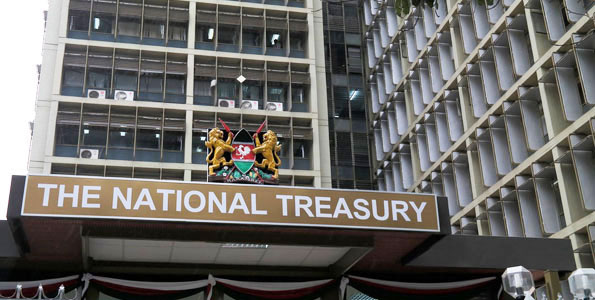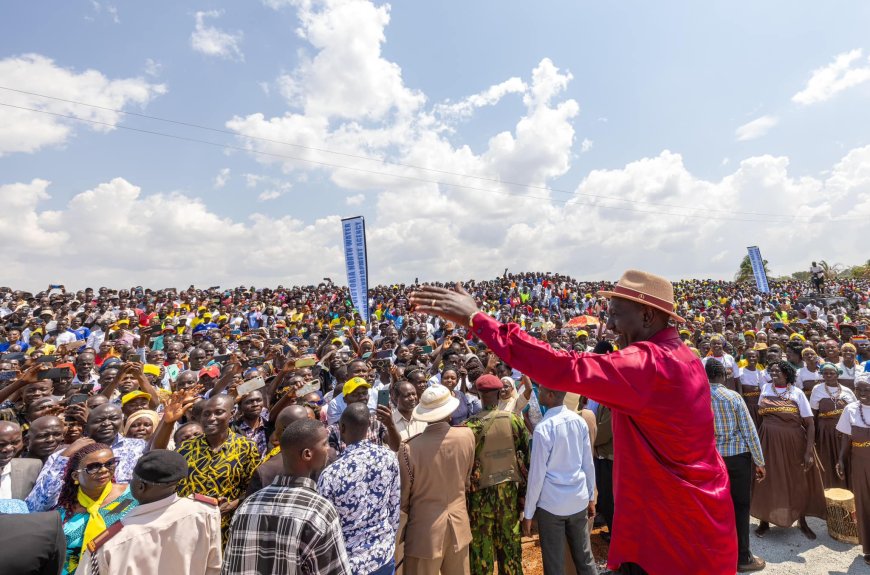
Members of Parliament (MPs) in Kenya have firmly backed the National Treasury’s stance and rejected a proposal by governors to increase county allocations by an additional KES 132 billion. This decision has sparked a fresh standoff between the national and county governments over revenue sharing for the upcoming financial year.
The governors, through the Council of Governors (CoG), had pushed for an increase in the equitable share of revenue allocated to counties, arguing that the current allocation of KES 405.06 billion was insufficient to meet emerging financial demands. They proposed raising the allocation to KES 536.8 billion to address challenges such as pending bills, unremitted statutory deductions, and low revenue collection at the devolved level. The CoG also highlighted the need for additional funds to cater for new expenses, including enhanced contributions to the National Social Security Fund (NSSF) and housing levy deductions.
However, MPs, particularly those in the National Assembly’s Budget and Appropriations Committee, dismissed the governors’ proposal, citing concerns over the national government’s ability to service mounting public debt. The committee emphasized that the sharing of resources must consider prevailing macroeconomic conditions and the national government’s financial obligations, including interest payments on public debt. They argued that granting counties a higher allocation would significantly impact the national government’s capacity to meet its financial commitments.
The National Treasury had recommended that counties receive KES 405.06 billion, with the national government allocated KES 2.41 trillion and KES 10.58 billion set aside for the Equalisation Fund to support marginalized areas. MPs maintained that the country’s current economic situation could not support the proposed increase, despite the governors’ warnings about financial constraints at the county level.
The rejection of the governors’ proposal has escalated tensions between the two levels of government, with county chiefs accusing the national government of failing to prioritize devolution. The CoG Finance Committee Chairman Fernandes Barasa expressed frustration, stating that counties need no less than KES 547 billion to effectively operate and deliver services. Senators supporting the governors’ stance have also criticized the national government for allegedly reallocating funds meant for counties to ministries, departments, and agencies.
This impasse highlights the ongoing challenges in balancing revenue sharing between the national and county governments. While the governors argue that increased allocations are necessary to address financial constraints and improve service delivery, MPs and the National Treasury stress the importance of fiscal discipline and the need to consider the country’s economic realities.
As the debate continues, the rejection of the governors’ push for extra funds underscores the complexities of Kenya’s devolution system and the need for a sustainable approach to revenue sharing that addresses both national and county-level priorities.



